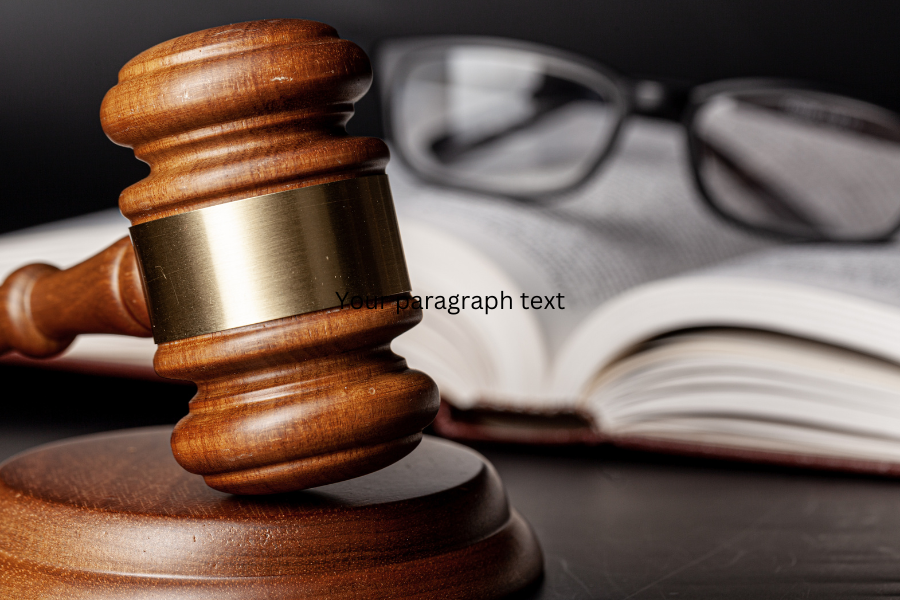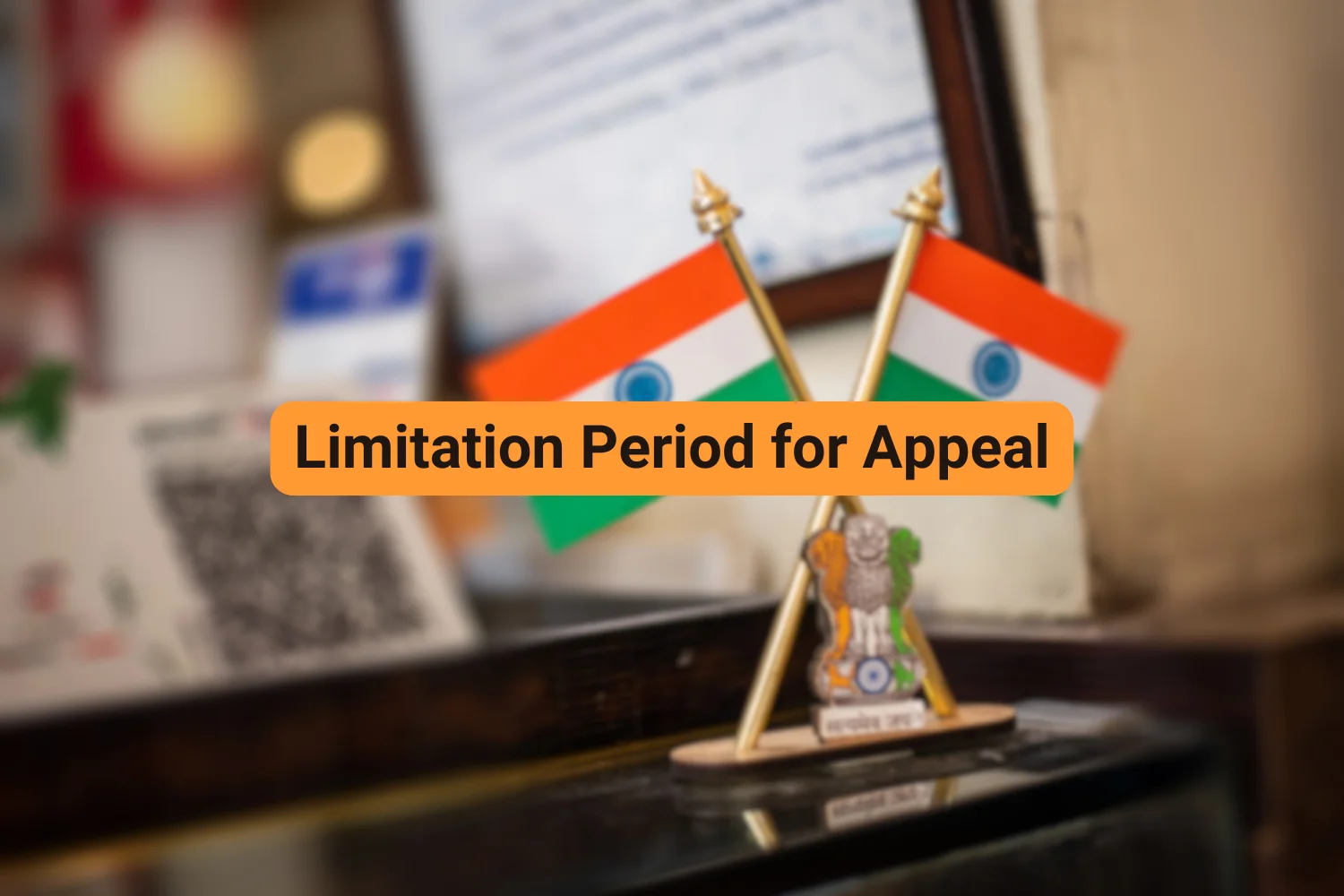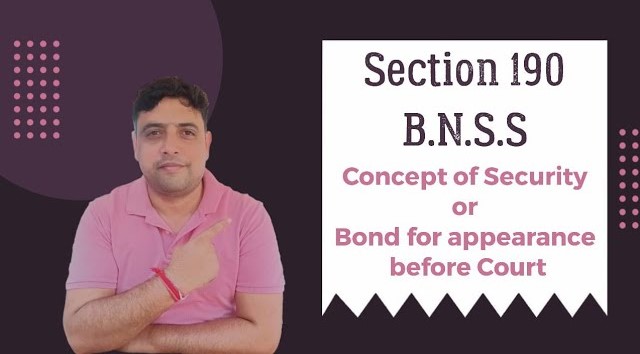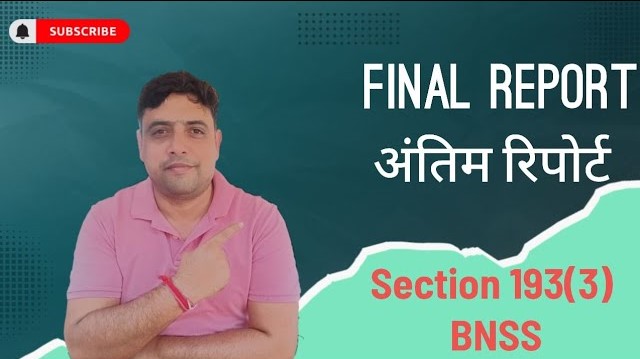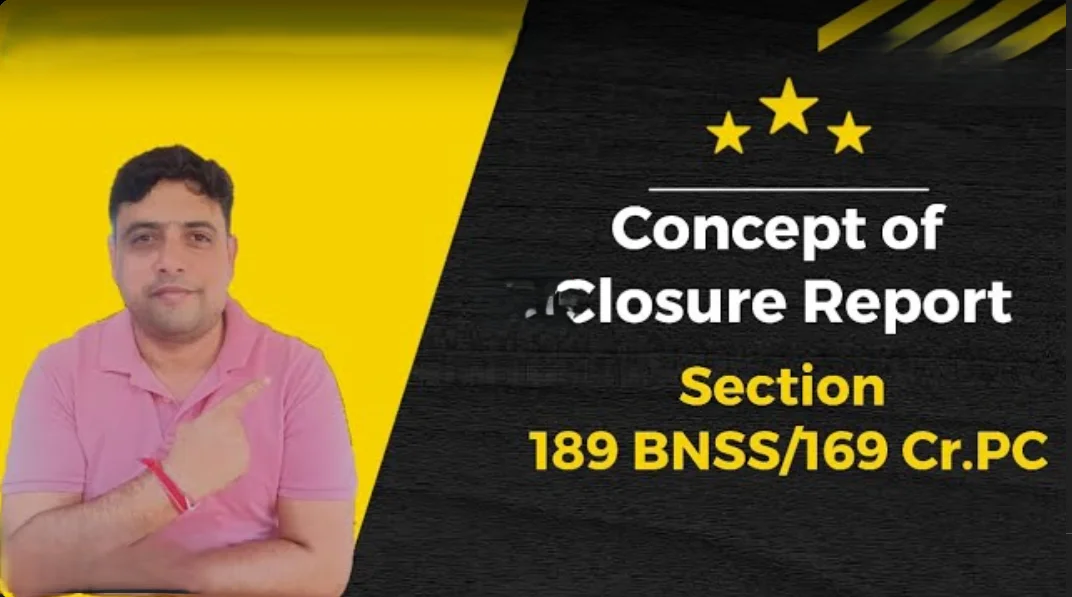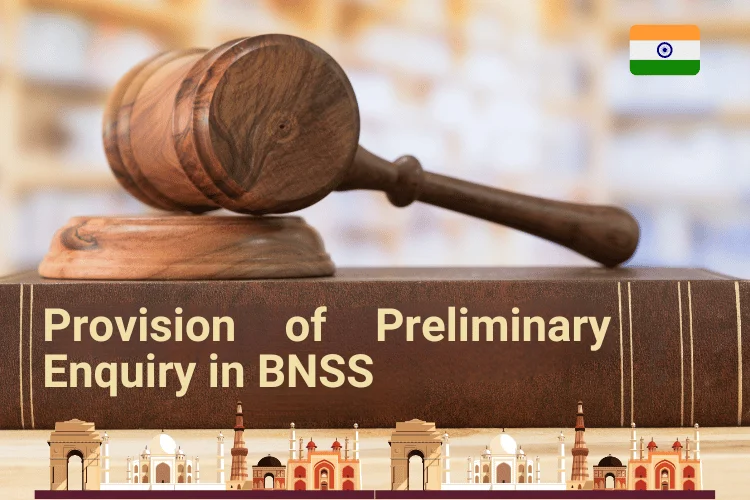Adoption Deed Explained: A Step-by-Step Guide and Legal Provisions
INTRODUCTION:An adoption deed serves as the foundational document that legally formalizes the compassionate act of welcoming a child into a new family. It signifies the profound commitment undertaken by both the adoptive parents and the child, establishing a bond of love, care, and responsibility that transcends biological ties. Within its clauses and provisions lie the assurances of protection, support, and belonging, shaping the course of the child's future within their new familial embrace. This solemn instrument not only marks the beginning of a new chapter in the lives of those involved but also represents a testament to the enduring power of compassion and the boundless capacity of the human heart to nurture and cherish another as one's own.
MEANING:A two-step judicial process in conformance to statutory provisions in which the legal obligations and rights of a child towards the biological parents are terminated and new rights and obligations are created between the child and the adoptive parents. Adoption involves the creation of the parent-child relationship between individuals who are not naturally so related. The adopted child is given the rights, privileges and duties of a child and a heir by the adoptive family.
Adoption is regulated by the Ministry of Women and Child Development, Government of India. The Central Adoption Resource Authority (CARA) (www.cara.nic.in ) an autonomous body under the Ministry formulates policy and regulates practice. Childcare Agencies recognized by the State Government are further licensed by CARA to place children in adoption. CARA monitors their performance through the state government machinery.
Law relating to adoption is contained in Hindu Adoptions and Maintenance Act,1956. Adoption made in contravention of the act is void.
This section gives the consequences of void adoption by saying that it neither creates any rights in the adoptive family in favour of any person which he or she could not have acquired except by reason of the adoption, nor destroys the rights of any person in the family of his or birth.
This section stipulated the conditions of valid adoption:
- The person adopting must have capacity to adopt.
- The person giving in adoption must have that capacity and
- The person to be adopted must have capacity to be adopted.
- The adoption is made in compliance with the other conditions mentioned in this chapter.
Case Laws
Kumar Sursen v. State of Bihar 2008 Patna High Court:In this case it was held that under section 6 the law does not recognise an adoption by a Hindu of any person other than a Hindu.
M. Gurudas v. Rasaranjan 2005 SC:In this case Hon’ble Supreme Court observed To prove valid adoption, it would be necessary to bring on records that there had been an actual giving and taking ceremony.
Devgonda Raygonda Patil v. Shamgonda Raygonda Patil, AIR 1992 Bom :Section 6 does not bar a lunatic person from being adopted.
Any male Hindu who is of sound mind and is not a minor has the capacity to take a son or a daughter in adoption:
Provided that, if he has a wife living, he shall not adopt except with the consent of his wife unless the wife has completely and finally renounced the world or has ceased to be a Hindu or has been declared by a court of competent jurisdiction to be of unsound mind.
Explanation- If a person has more than one wife living at the time of adoption, the consent of all the wives in necessary unless the consent of any one of them is unnecessary for any of the reasons specified in the preceding priviso.
Under Section 7, the consent of wife has been made a condition precedent for adoption by a male Hindu. The mandatory requirement of the wife’s consent enables her to participate in the decision-making process which vitally affects the family. If the wife finds that the choice of the person to be adopted by the husband is not appropriate or is not in the interest of the family then she can veto his discretion.
- By incorporating the requirement of wife’s consent in the proviso to Section 7 and by conferring independent right upon a female Hindu to adopt a child, Parliament has tried to achieve one of the facets of the goal of equality enshrined in the Preamble and reflected in Article 14 read with Article 15 of the Constitution.
Case Laws
Ghisalal v. Dhapubai 2011 SC
Making a reference to the provisions of the Hindu Adoptions and Maintenance Act, 1956 and contrasting it with the Hindu law as prevailing before its enactment, the Supreme Court in its recent decision [later reported as] has declared that it is mandatory for a Hindu male to take consent of his wife, unless she is incapacitated from giving consent, before adopting a child.
Any female Hindu who is of sound mind and is not a minor has the capacity to take a son or daughter in adoption: Provided that, if she has a husband living, she shall not adopt a son or daughter except with the consent of her husband unless:
- The husband has completely and finally renounced the world; or
- Has ceased to be a Hindu; or
- Has been declared by a court of competent jurisdiction to be of unsound mind.
Case Law:
Brajendra Singh v. State of Madhya Pradesh 2008 SC
There is conceptual and contextual difference between a divorce woman and one who is leading life like a divorced woman. Both cannot be equated. The appellant because of her physical deformity lived separately from her husband and too for a very long period right from the date of marriage. But in eye of law they continued to be husband and wife, because there was no dissolution of marriage or divorce in the eye of law. Son adopted by appellant invalid;
Section 9 : Person Capable of Giving in Adoption
Section 9 of the Act declares following persons as legally competent to give a child in adoption-
- The father or mother or the guardian of a child.
- The father or the mother, if alive, shall have equal right to give a son or daughter in adoption but such right may be exercised by either of them only with the consent of the other unless one of them has completely and finally renounced the world or has ceased to be a Hindu or has been declared by a court of competent jurisdiction to be of unsound mind;
- Where both the father and mother are dead or have completely and finally renounced the world or have abandoned the child or have been declared by a Court of competent jurisdiction to be of unsound mind or where the parentage of the child is not known, the guardian of the child may give the child in adoption with the previous permission of the Court to any person including the guardian himself.
Before granting permission to a guardian, the Court shall ensure that the adoption will be for the welfare of the child, giving due consideration to the wishes of the child having regard to his age and understanding. Further, it will be ensured that the applicant for permission has not received or agreed to receive and that no person has made or given or agreed to make or give to the applicant any payment or reward in consideration of the adoption except such as the Court may sanction.
Explanation to this section specifically provides that the expressions father and mother do not include an adoptive father and an adoptive mother. It implies that an adopted child may not be further given in adoption.
Section 10 : Persons who may adopted: No person shall be capable of being taken in adoption unless the following conditions are fulfilled, namely:-
- He or she is Hindu,
- He or she not already been adopted.
- He or she has not been married, unless there is a custom or usage applicable to the parties which permits persons who are married being taken in adoption.
- He or she has not completed the age of fifteen years, unless there is a custom or usage applicable to the parties which permits persons who have completed the age of fifteen years being take in adoption.
Case Law
Hanmant Laxman Salunke (D) by L.Rs. v. Shrirang Narayan Kanse 2006 Bom.High Court:
Adoption of boy more than 15 years of age and married is not illegal on account of non-compliance of section 10(iii) and 10(iv) of the Act provided such custom or usages is prevalent in a community.
Section 11: Other conditions for a valid adoption
In every adoption, the following conditions must be complied with:-
- If the adoption is of a son, the adoptive father or mother by whom the adoption is made must not have a Hindu son, son’s son or son’s son’s son (whether by legitimate blood relationship or by adoption) living at the time of adoption.
- If the adoption is of a daughter, the adoptive father or mother by whom the adoption is made must not have a Hindu daughter or son’s daughter (whether by legitimate blood relationship or by adoption) living at the time of adoption.
- If the adoption is by a male and the person to be adopted is a female, the adoptive father is at least twenty-one years older than the person to be adopted.
- If the adoption is by a female and the person to be adopted is a male, the adoptive mother is at least twenty-one years older than the person to be adopted.
- The same child may not be adopted simultaneously by two or more persons.
- The child to be adopted must be actually given and taken in adoption by the parents or guardian concerned or under their authority with intent to transfer the child from the family or its both (or in the case of an abandoned child or child whose parentage is not known, from the place or family where it has been brought up) to the family of its adoption.
An adopted child shall be deemed to the child of or her adoptive father or mother for all purposes with effect from the date of the adoption and from such date all the ties of the child in the family of his or her birth shall be deemed to be served replaced by those created by the adoption in the adoptive family:
Provided that-
The child cannot marry any person whom he or she could not have married if he or she had continued in the family of his or her birth.
Any property which vested in the adopted child be before the adoption shall continue to vest in such person subject to the obligations, if any, attaching to the ownership of such property, including the obligation to maintain relatives in the family of his or her birth.
The adopted child shall not divest any person of any estate which vested in him or her before the adoption.
Case Law:
Basavarajappa v. Gurubasamma 2005 SC
On adoption, adoptee gets transplanted in adopting family with the same rights as that of natural-born son. Adopted child becomes coparcener in Joint Hindu Family property after severing all his ties with natural family.
Adoption is the taking of a child into one's family, creating a parent to child relationship, and giving him or her all the rights and privileges of one's own child, including the right to inherit as if the child were the adopter's natural child. The adoption procedure varies depending on whether the child comes through an agency which handles adoptions or comes from a stranger or a relative, and on the age of the child and the adoptive parent or parents. The hopeful adoptive parent must file a petition, which may be handled by the adoption agency. Natural parents must either give binding written permission for the adoption or have abandoned the child for a lengthy period of time. An investigation will be made by a county office (probation or family services) as to the future parents' suitability to adoption, their relationship status, their home situation, and their health, as well as the best interests of the child. If the child is old enough to understand the procedure, he or she may have a say in the adoption. Finally there is a hearing before a local court judge (called "surrogate" in some states) and an adoption order made. In many states a new birth certificate can be issued, with the adoptive parents listed as the parents. If there is an adoption of an adult, the adopting adult usually must be several years older, based on the state law. In recent years, there has been much controversy over adoption by single parents, including gays and lesbians, with the tendency toward allowing such adoptions, provided all other criteria beneficial to the child met.
THIS DEED OF ADOPTION made in CHANDIGARH on this...........day of……………20...... BETWEEN....S/o aged...... and resident of (hereinafter referred as the adoptive father) and……… S/o…… aged.......and resident………. of (hereinafter referred as the natural father).
WHEREAS the adoptive father was married to Ms…..A son was born out of the wedlock on the ... day of ....1989, but the said son died soon thereafter in a road accident and;
WHEREAS the couple has not borne any child after the death of their only son though so many years have passed: And WHEREAS it has been confirmed by the medical reports that the couple will not be able to bear any child in the future and ;
WHEREAS the Adoptive father is desirous of adopting a son and for this purpose the Adoptive father has approached the natural father Sh..., who has agreed to give his son named ......aged…...in adoption to the Adoptive father and WHEREAS the parties desired to execute a Deed of Adoption, so as to have an authentic record of the adoption having taken place.
NOW THIS DEED OF ADOPTION WITNESSETH AS FOLLOWS:
- That the Natural father has given in adoption his son named aged.... to the Adoptive father on .......at ......and the Adoptive father has taken in adoption the said child named......aged....... with the consent of his wife. The physical act of giving and taking of the child in adoption was performed along with the religious ceremonies, in the presence of both the parties and their friends and relatives.
- That the said child named...... aged......has been transferred from the family of the Natural father to the family of the Adoptive father from the date of adoption and became entitled to all the rights and liabilities of a natural born son of the Adoptive father.
- That the adopted son by the said adoption determined and severs all his rights and liabilities in the family of his natural parents, but retains his rights and obligations in any property which may have already vested in him and acquires all the rights and liabilities of a natural born son in the family of his Adoptive Father.
- That the Natural father will not make any claim hereinafter to the custody of the adopted son and he shall hereinafter be known as the son of the Adoptive Father.
- That the Natural father has not received any money for giving his son in adoption to the Adoptive father and shall not lay any claim hereinafter against the Adoptive father for giving his son in adoption.
- That the Adoptive father shall be responsible for the maintenance, education, marriage and other expenses of the adopted son and he agrees to bear all expenses in accordance with his status.
- That Smt........wife of the Adoptive father was duly consulted before the said adoption and she has given her consent for the same.
IN WITNESS WHEREOF the parties hereto have set their respective hands to this deed on the day and the year first above written.
WITNESSES Signature
With name and address Adoptive father
Wife of Adoptive Mother Natural father
Wife of Natural father





